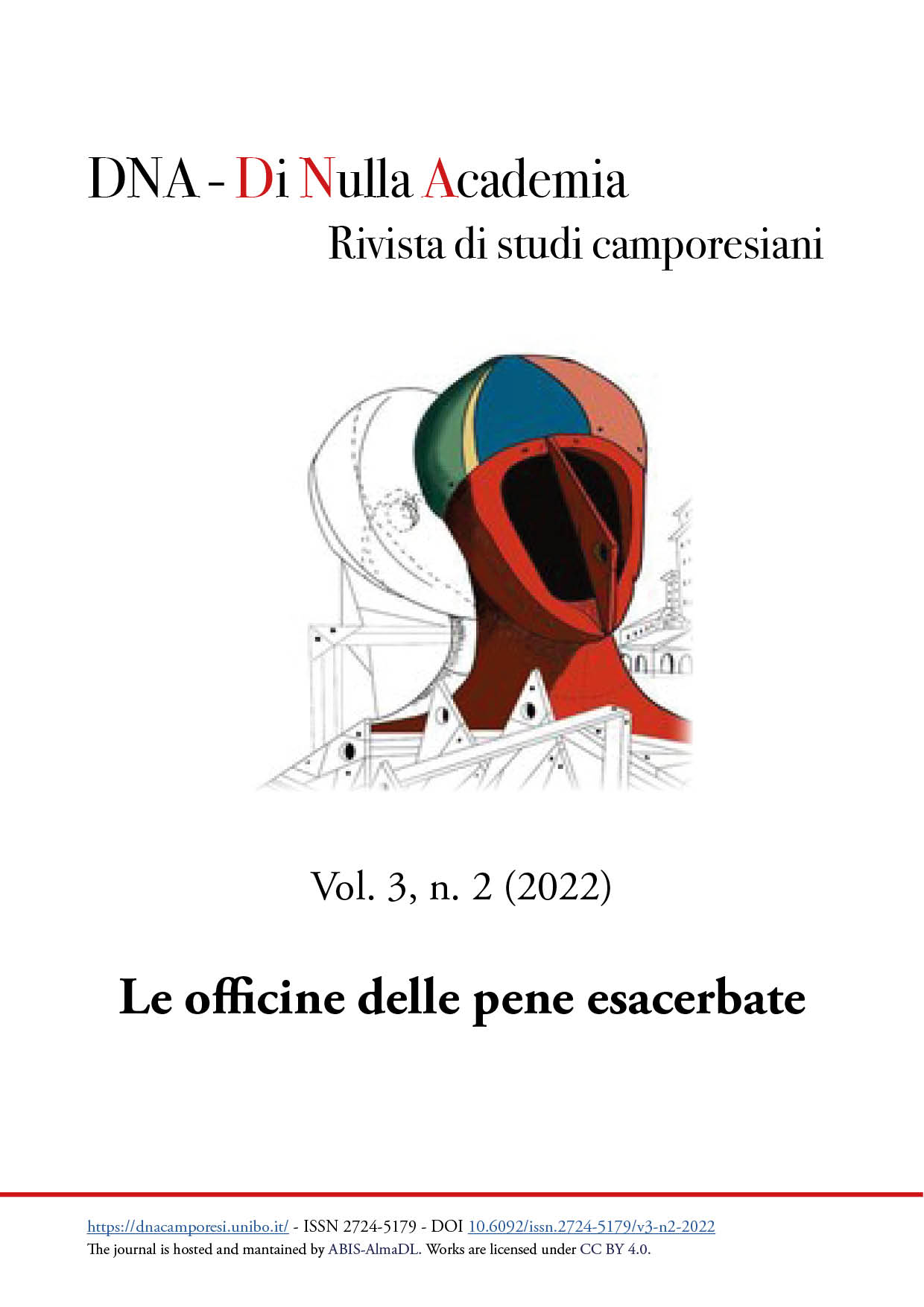Fini istituzionali e riordini amministrativi. Implicazioni e aporie
DOI:
https://doi.org/10.6092/issn.2724-5179/16851Keywords:
Prisoners, Penitentiary Administration, InadequacyAbstract
The Author’s contribution starts from the ever-growing gap between the acknowledgement of personal and structural needs of prisoners (which occurred in the two last decades, both in the law-making and in the case-law of Italy and of the European Court of Human Rights) and the effectiveness of the Administrations in charge of ensuring the relevant services. He identifies the close reason of said gap (mostly after 2006) in the assignment of those responsibilities to many bodies foreign to the Penitentiary Administration. The institutions’ emphasis on the supervision instead of focusing on the concrete services provision is one aspect of it and, in the Author’s view, integrates in the international movement that is drifting towards the Richterstaat. After some considerations about the core position of imprisonment within the system of enforcement of penalties in Italy, which is wrongly repeated by many persons interested in that matter, the Author analyses in detail the most striking cases of inadequacy of human and instrument resources (rehabilitation offer, healthcare and psychiatric provision, recruitment of managing staff) with respect to the inmates’ needs. However, he mentioned some governmental and administrative actions which seem to reverse – partially, at least – the complained route above.
Downloads
Published
How to Cite
Issue
Section
License
Copyright (c) 2022 Riccardo Turrini Vita

This work is licensed under a Creative Commons Attribution 4.0 International License.





